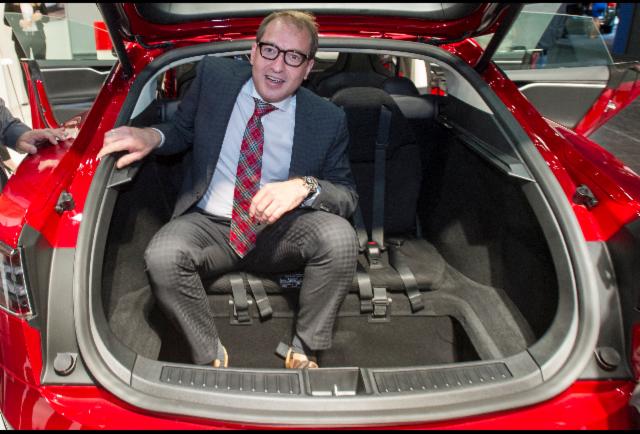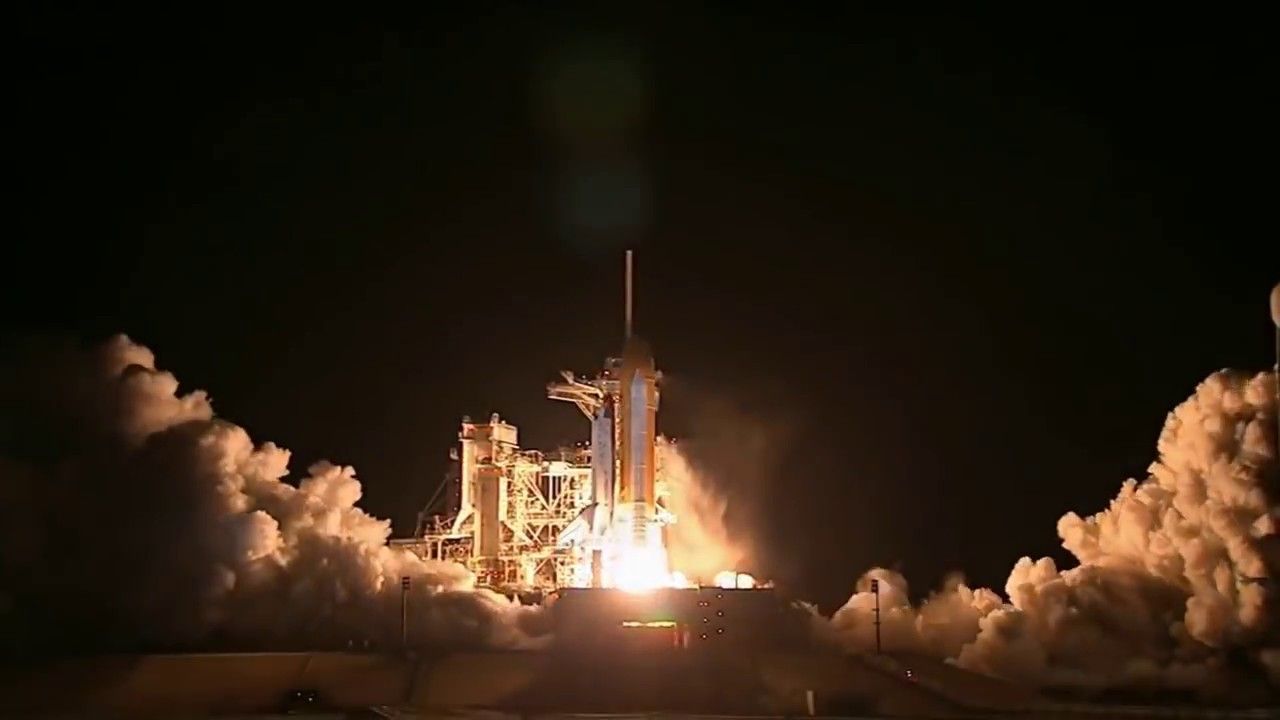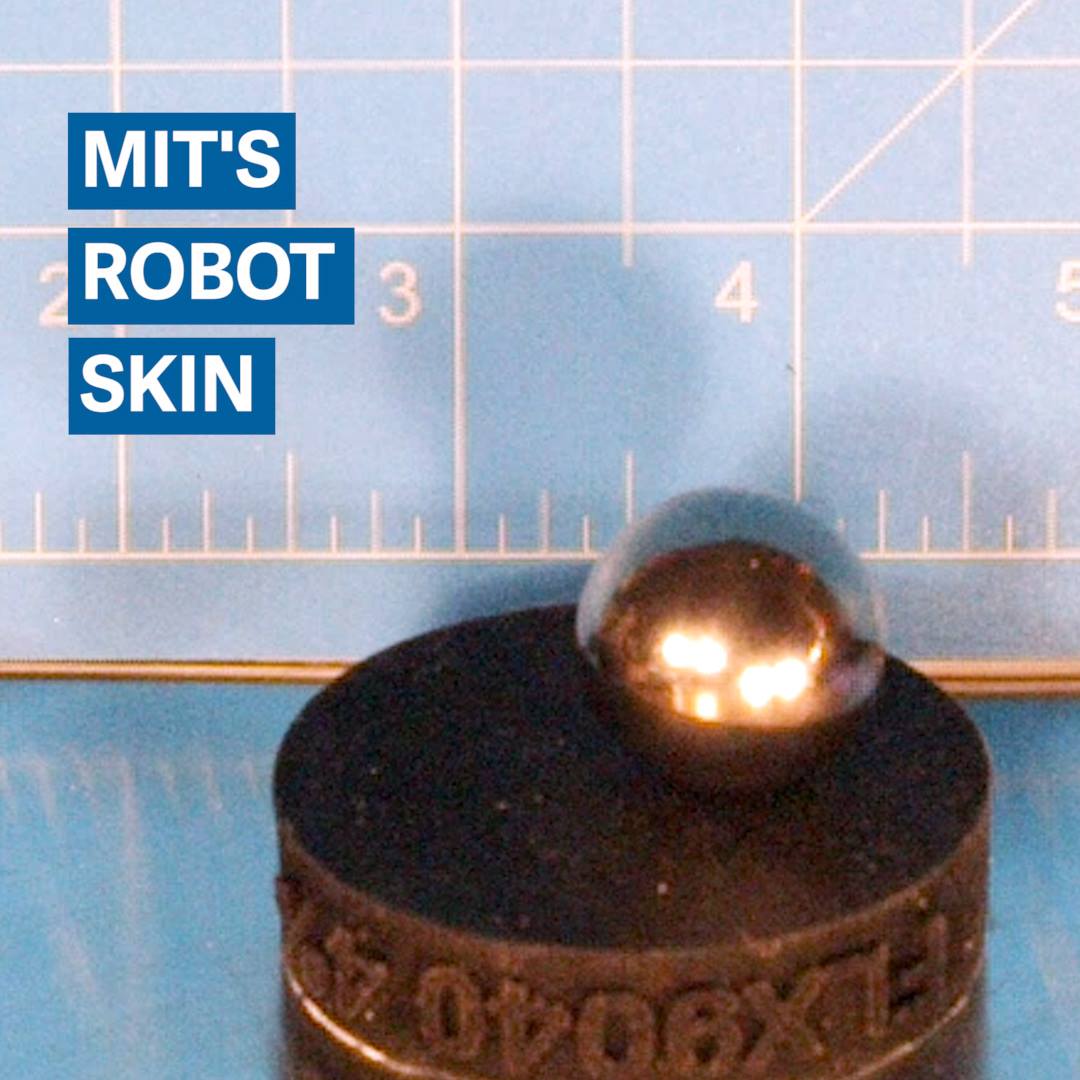
Wondering why this can’t happen here
German Transport Minister Alexander Dobrindt in a Tesla S at the 2014 AMI Auto Show (Photo: Jens Schlueter/Getty Images)
Diesel and gasoline-powered vehicles officially are an endangered species in Germany, and possibly all of the EU. This after Germany’s Bunderat has passed a resolution to ban the internal combustion engine starting in 2030, Germany’s Spiegel Magazin writes. Higher taxes may hasten the ICE’s departure.
An across-the-aisle Bunderat resolution calls on the EU Commission in Brussels to pass directives assuring that “latest in 2030, only zero-emission passenger vehicles will be approved” for use on EU roads. Germany’s Bundesrat is a legislative body representing the sixteen states of Germany. On its own, the resolution has no legislative effect. EU type approval is regulated on the EU level. However, German regulations traditionally have shaped EU and UNECE regulations.









